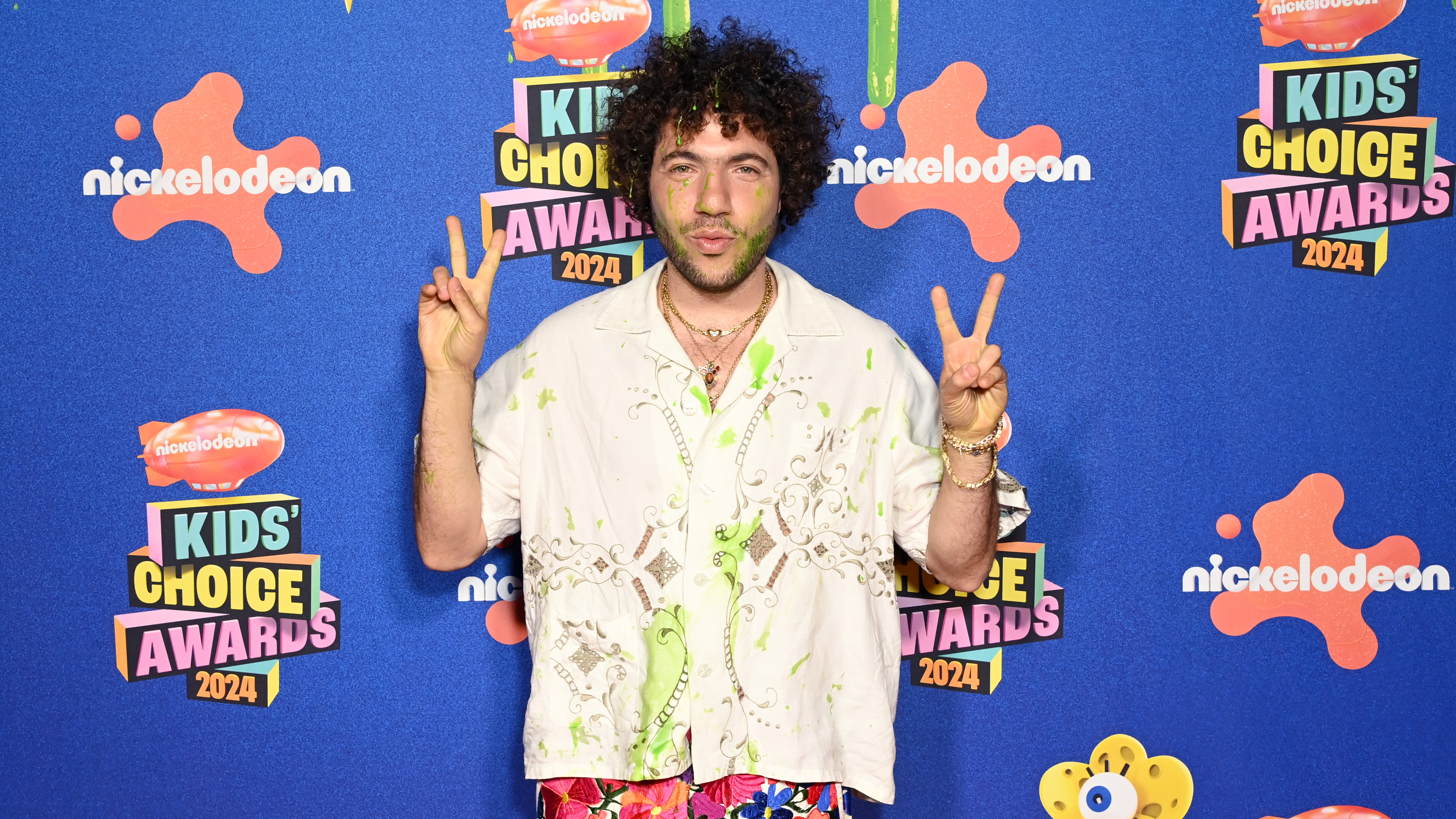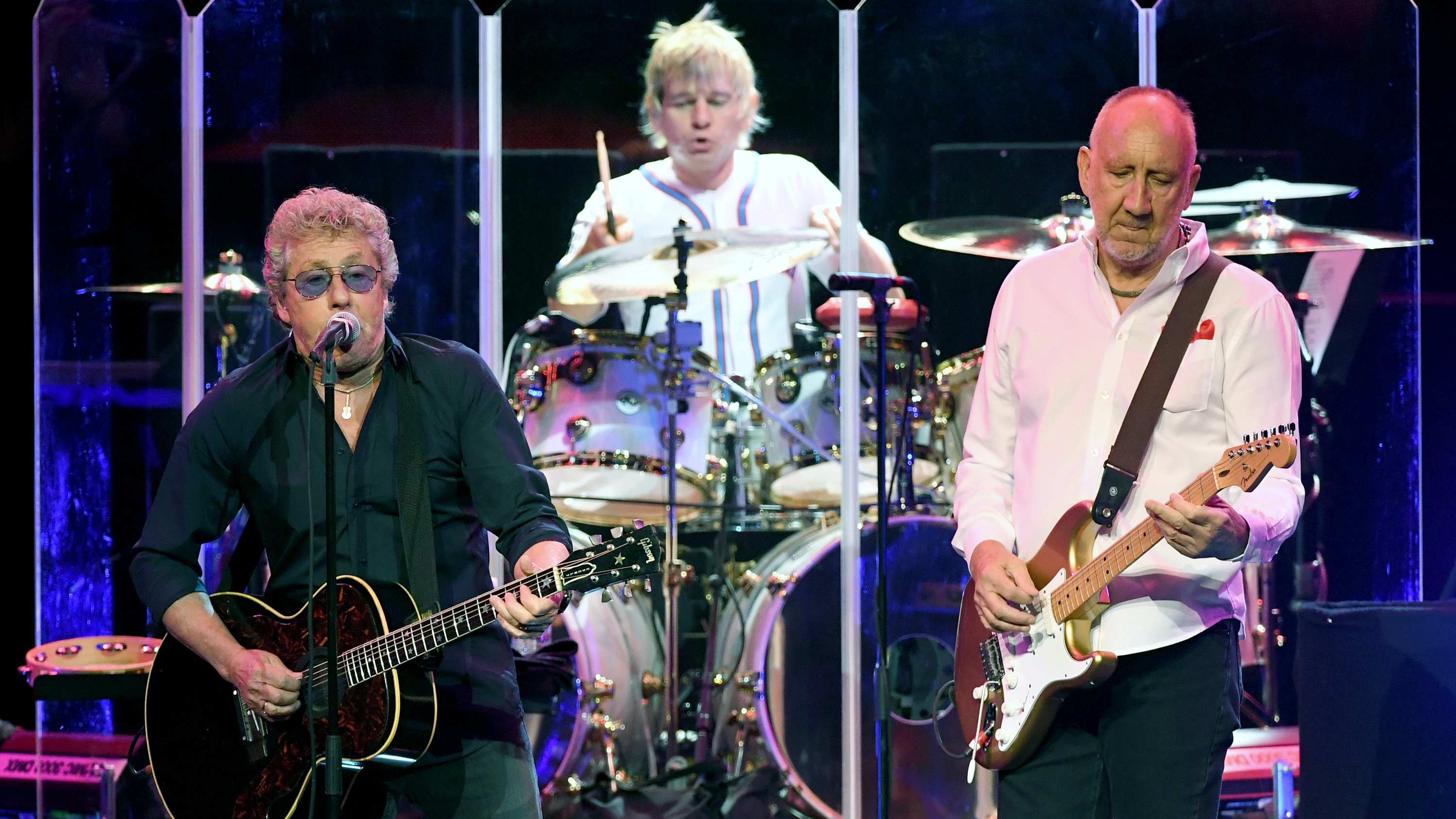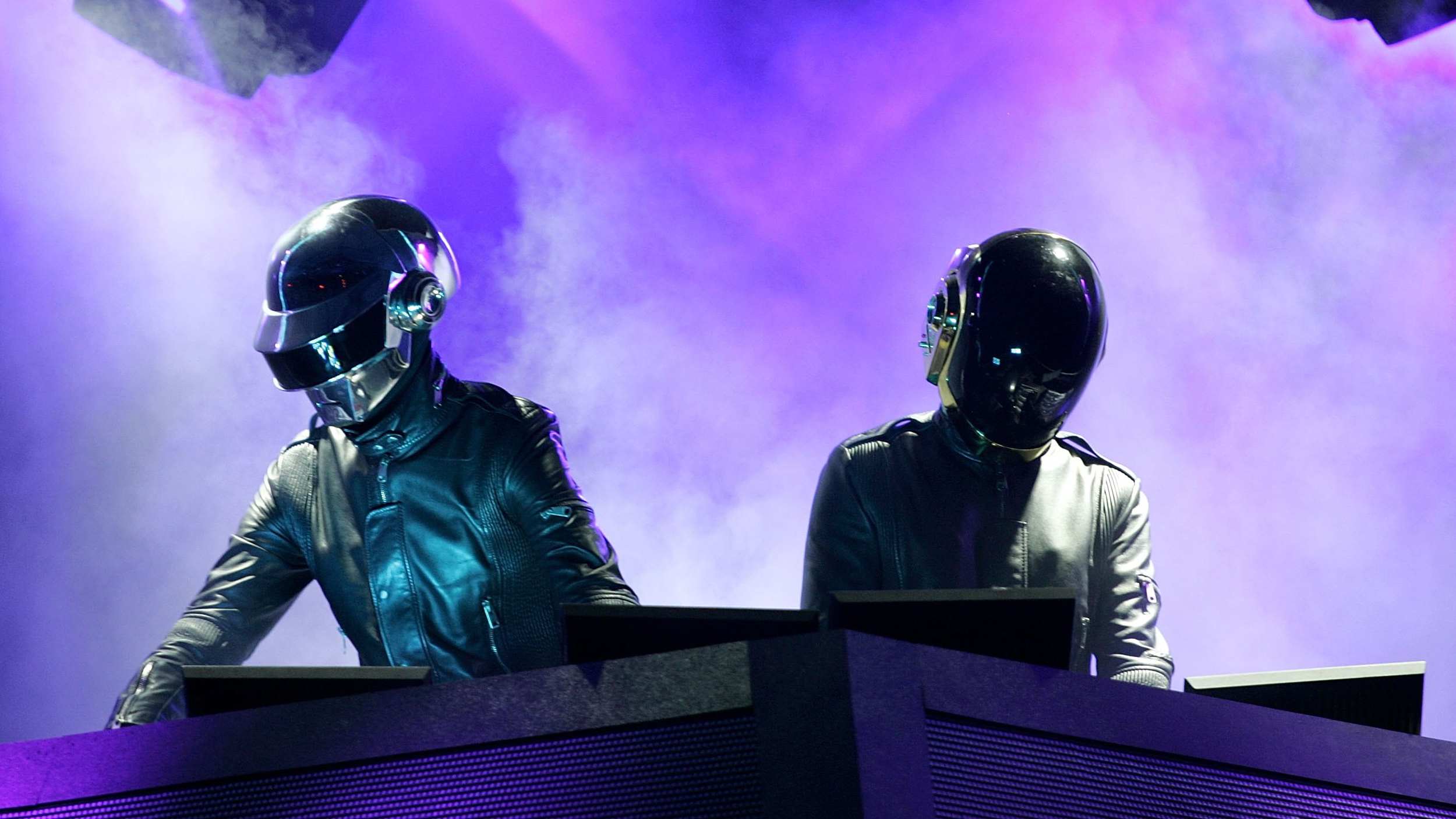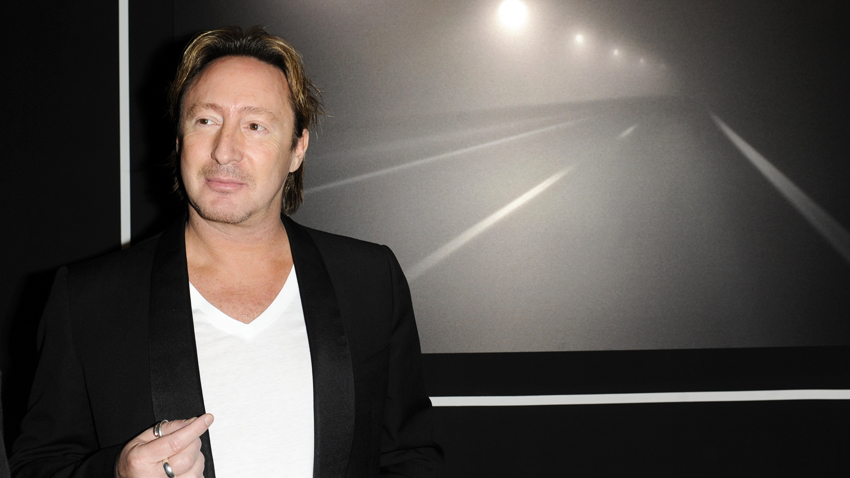
Julian Lennon doesn't do the hard sell anymore. Nearly 30 years after his brief, mini-Beatlemania-like brush with fame sparked by the release of his debut album, Valotte, the 50-year-old singer-songwriter has a new record out, Everything Changes, but he's not knocking himself out to shove it down people's throats.
"I'm at the place in my life where I don't want to kill myself doing this anymore," he says. "Been there, done that. Obviously, I do need to get the word out that there is something to see or hear, so I'm doing press. But I'm into quality not quantity."
There isn't a hint of rancor in his voice; for the first time ever, it seems, Lennon is happy with his place in the world. After a couple of enthusiastically received gallery shows, his talent as a photographer is turning into a full-fledged career. As for music, he's content to take his time - Everything Changes is his first album since 1998's Photograph Smile. The record had been issued in the UK in October of 2011, but earlier this month it was given a worldwide release with the addition of two tracks, Someday, which features Aerosmith's Steven Tyler, and In Between.
Lennon sat down with MusicRadar recently to talk about singing with Tyler, how a famous line from one of his father's songs made it onto the new record, his growing passion for photography and what he remembers about working with the late producer Phil Ramone.
When I spoke with Phil Ramone last year, he said that one of the main things he wanted to do was get you to be comfortable and just be "Julian Lennon" in the studio. What do you recall about him?
"Phil Ramone was vitally important. From the get-go, when I met Phil, I was a very young, ignorant kid. A lot of people think that I grew up in recording studios and knew the whole process, but that was never the case. People tend to forget that my dad left when I was three or five - I don't even know anymore - so I never saw that side of things, the behind-the-scenes sort of stuff. I grew up in the country for the most part.
"When I started with Phil, he was the producer of choice. I was loving Billy Joel's work - still do, in fact; he's an incredible singer, songwriter and musician - so to work with Phil, well, first and foremost it was extremely nerve-racking, because he was a giant. He still is and will always remain that way, in my mind and everybody else's, I believe.
Get the MusicRadar Newsletter
Want all the hottest music and gear news, reviews, deals, features and more, direct to your inbox? Sign up here.
"He eased me into the life of a recording artist. Sometimes he threw me in the deep end, just to see how I'd handle things. I mean, we were working with some of the greatest musos alive, this team of players that Phil assembled down in Muscle Shoals. And they were all absolute gentlemen with me, as well; they knew I was a kid, really.
"I don't want to go into the second album too much, because I feel that we were both rushed by the label at that point in time. Phil and I both agreed that it sounded like a bunch of demos that weren't quite finished. But on the first album, it was a very big learning curve for me, and Phil was a master producer and teacher. I'm forever grateful to him."
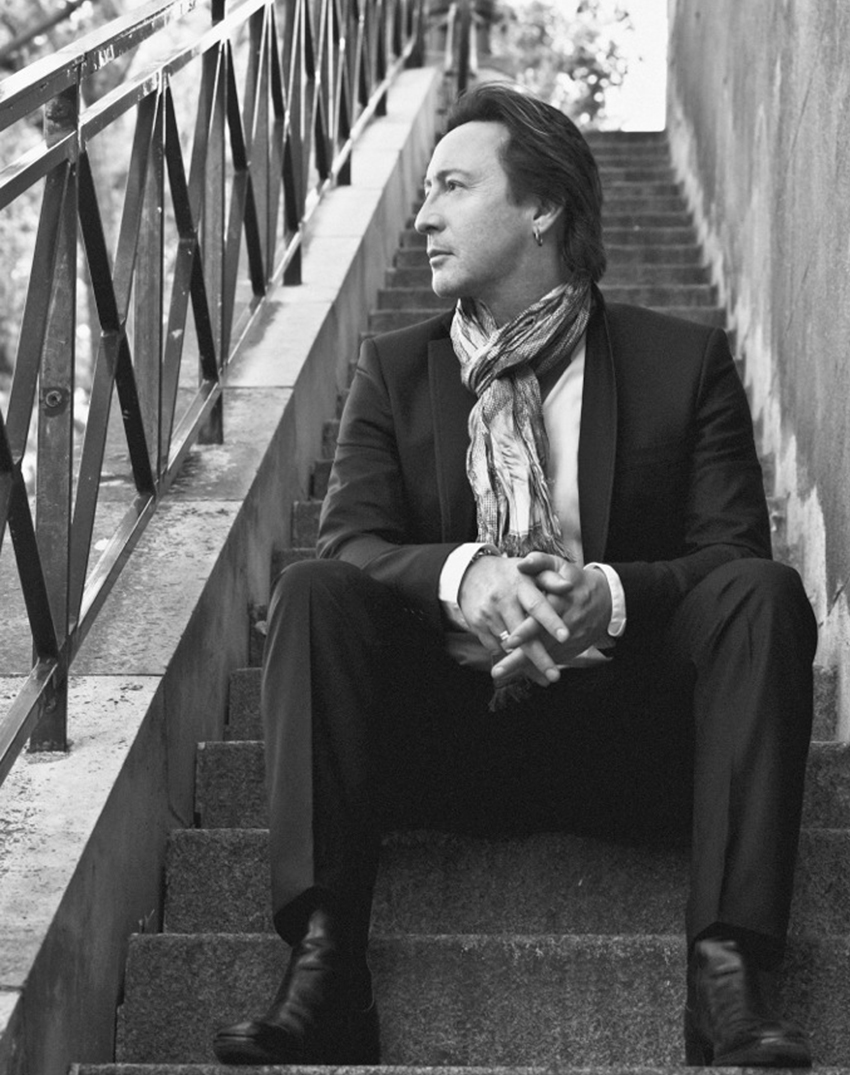
© Deborah Anderson
"His passing was such a shock. You know, I'm an ambassador for the Lupus Foundation of American, and he was at the last gala event in New York last October. His wife, Karen, has Lupus. We'd spoken on a number of occasions, and when I saw him in New York, I thought he looked and sounded the best he had in years. You wouldn't think anything was wrong at all.
"Actually, we talked about working together again. So to hear of his passing… it was a complete and absolute shock. It hit me from left field, that one. It surprised everybody in the industry, I think, because he was totally on form. I have much love and respect for the man. It's a shame he was taken away so early."
Although your first album was a huge smash, does it now feel like a case of "too much too soon"?
"It was a difficult time, sure. First off, we went on a world tour right after the album was finished. I'd never done something like that, so I was expecting to have a little more time to work on some of the material. And then, right when that tour was done, Atlantic said, 'OK, time for the second record.' I couldn't believe it. It was exactly what you hear about: 'He has 20 years to write his first album and two weeks to write the next.'
"The whole thing was a real shame. It really pissed a lot of people off, including myself, that we were under such pressure, so much duress. We did want to make a quality second album, but we weren't afforded the time because of the greed of the label. 'Sophomore' meant nothing to me; I didn't give a monkey's about that. Once the realization hit that we didn't have a decent enough record as a follow-up, I knew I was screwed."
So you weren't surprised when the critics turned on you with the second album.
"The critics… I got both sides of them. I was in a damned-if-I-do-damned-if-I-don't position, and let me tell you, I could have quite easily walked away from all of this stuff. There have been a few years between albums here and there, because of the industry and also because of not being heard as an artist. There's still the relationship to The Beatles and Dad; there never was an opportunity for me to be taken as a serious artist in my own right, which was a killer for me. It's hard when you're trying to put together quality material, and nobody's going to give you the time of day.
"That's why I've fallen in love with photography, because there is no relationship to Dad or to The Beatles in that regard. I've had phenomenal response and reviews, and I'm doing projects all over the world. As much as I love music, in my mind, photography is what makes me the happiest - that's for sure."
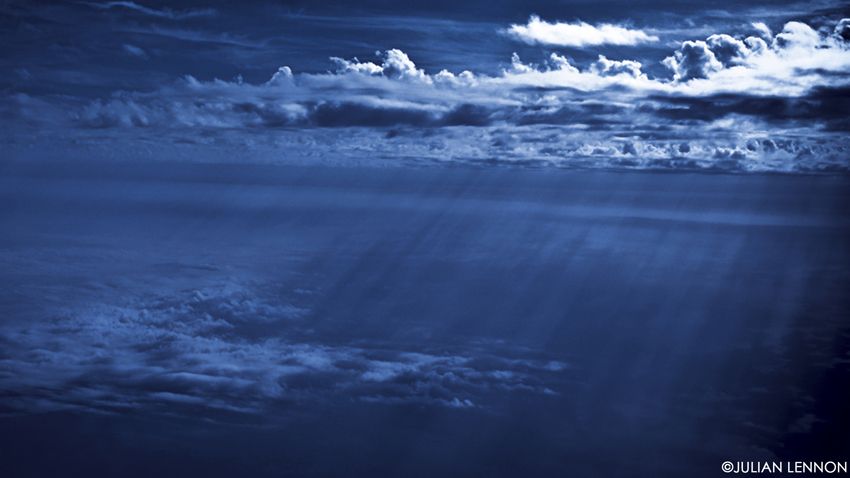
Blue Moon © Julian Lennon
When did you realize that you had a real knack for photography?
"I didn't, really. To be honest, it came from Timothy White, who did my second and third album covers, and he became my dear friend over the years. We were doing a charity single for the Lupus Foundation of America. We had used him for the single, and I did my own editing. I'm self-taught all the way, and I'm stubborn in that regard - I don't read or write music. I wouldn't actually call myself a photographer; I consider myself more of a visual artist.
"But Timothy saw the changes I'd made and then inquired about any photos that I took. He said, 'You should do something with them.' I thought it was nuts, but he helped me put an exhibition together. The first exhibition was in New York, and it was a raging success. [Laughs] I've been almost fully employed ever since, doing photography for film and charity projects.
"What's great about it is, it's always new, it's always different, it's always exciting. But I have no formal training - I couldn't tell you what's what, what's inside out or whatever. I just see something and have a feel for it. I guess it's the same way with music."
You sang on Aerosmith's recent album, and Steven Tyler sings on your song Someday. How did all of that happen?
"I was at the Sunset Marquis, discussing working with some different management teams on different projects. I was walking into the bar the same time that Steven was walking in. I went up behind him and said, 'Mr. Tyler, Mr. Lennon - the other Mr. Lennon.' He turned around and went, 'Hey, Jules!' I told him, 'I'm doing a couple of cuts for my album. I know you're on tour, but is there any way we could maybe write something?'
"Literally, within a day or two, we all met with his friend and producer, Marti Frederiksen, and I brought my guy, Mark Spiro, because I didn't want two against one - I didn't think that was fair. We literally had two hours to pound it out. That was it. Two hours to come up with something that made us all happy, that felt relevant, that was emotive in the right way. From nothing to finished lyrics and arrangement in two hours."
It's interesting that your voices sound good together. On paper, the idea of the two of you makes no sense at all.
[Laughs] "Yeah, tell me about it! I'd love to do more work together because there's something very comfortable about the way we sing. Especially when I went to sing on the Aerosmith album, which was live, face-to-face, with a mic in the middle between us. We had to nail it. I'd definitely consider doing more with Steven."
On Someday, you quote one of your father's lines from Baby, You're A Rich Man. Did you go back and forth on that - "Should I, shouldn't I...?"
"The reality is it, the night before we did it, I was sitting in the studio with Mark - Steven was supposed to come in to sing that night, but he was having dinner with his daughter because he was leaving on tour - and I said, 'I keep hearing Baby, You're A Rich Man at the end of this.' And I sang, 'How does it feel to be one of the beautiful people.' Mark looked at me and said, 'Yeah, I hear that, too.' But we didn't think anything more of it.
"The next day, Steven comes in, and he's only got a short amount of time 'cause the tour bus is really leaving. He'd done all the regular vocals, and so as he's walking out of a studio door and I'm talking in - that's the way studio doors work; they have these double doors that keeps the sound in, like an airlock - I said to him, 'Steven, I know you gotta go, but I hear just one thing at the end of the song. Could you just sing -' As I'm about to say it, he says, 'What - you mean, How does it feel to be one of the beautiful people?'
[Laughs] "I couldn't believe it! I said, 'How the F did you know that I was thinking this?' I don't know if you want to call it divine intervention, the stars aligning or whether he and I were just in the same place. I swear on my life, on my mother's life, there's no way he would know what I was thinking. It was only supposed to be at the end of the song, but it sounded so good that I said, 'Screw it, I'm putting this on the front!'"
Well, if anybody were going to use a Beatles line, I'd say it should be you.
[Laughs] "Well, thank you. I appreciate that. I'll tell you, it took a lot of finagling to get the clearance on that. I guess it's the first-ever in history, a co-write with The Beatles. That's a unique one-off, it really is. We were lucky on that."
Joe is a freelance journalist who has, over the past few decades, interviewed hundreds of guitarists for Guitar World, Guitar Player, MusicRadar and Classic Rock. He is also a former editor of Guitar World, contributing writer for Guitar Aficionado and VP of A&R for Island Records. He’s an enthusiastic guitarist, but he’s nowhere near the likes of the people he interviews. Surprisingly, his skills are more suited to the drums. If you need a drummer for your Beatles tribute band, look him up.





